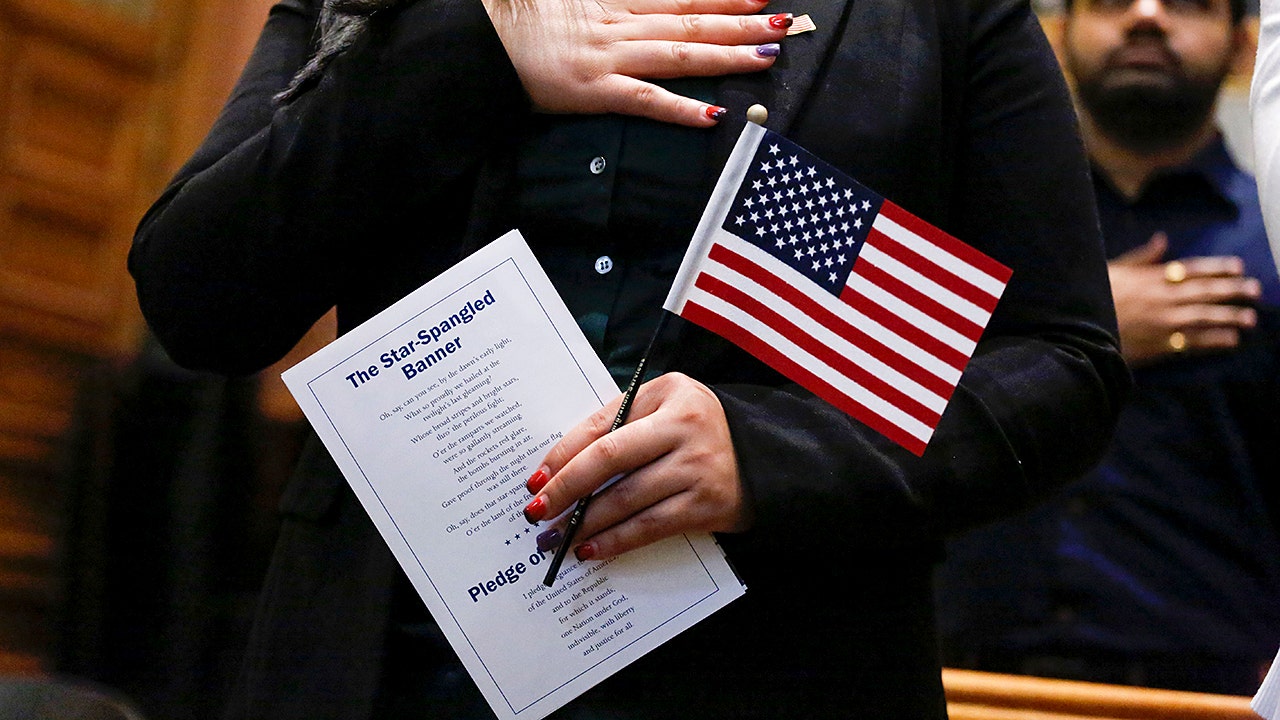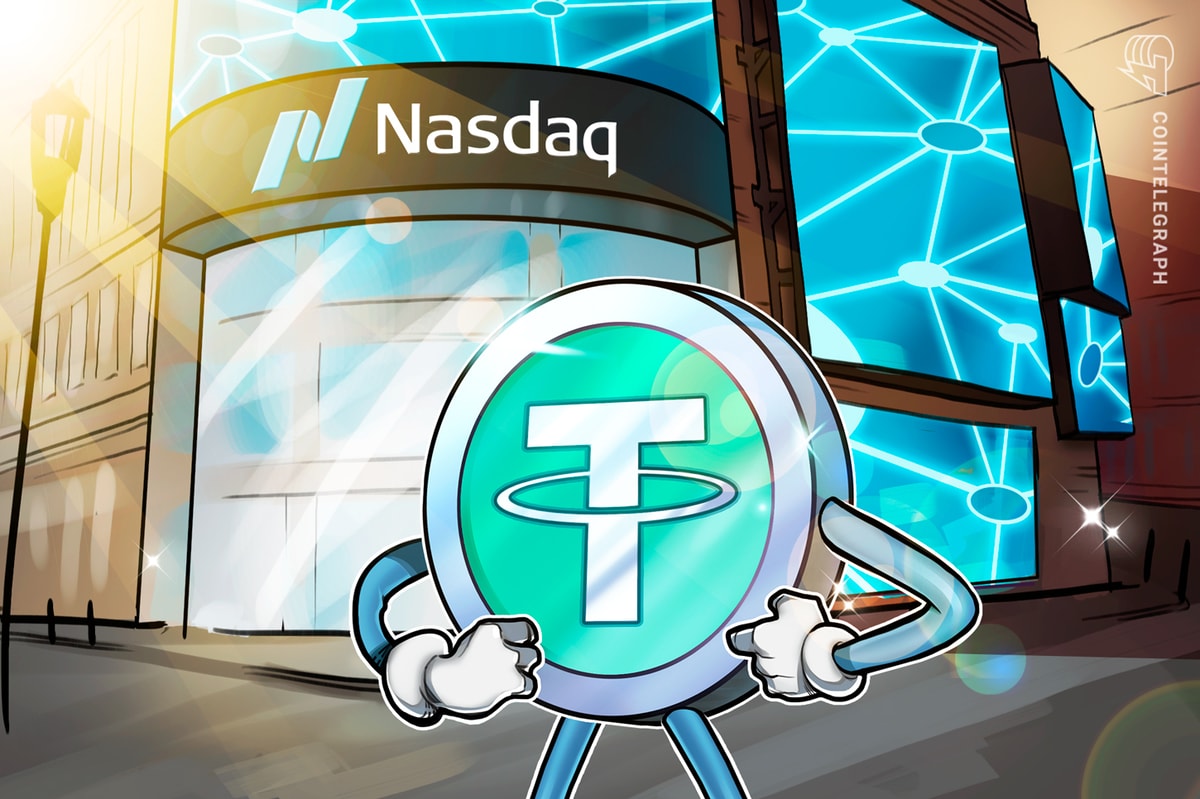Artificial intelligence watchdog the Midas Project has filed a complaint against ChatGPT maker OpenAI, accusing the firm of potential tax law violations that could threaten its nonprofit status.
The tech watchdog stated on Thursday that it has documented OpenAI’s “abandoned safeguards, rife conflicts of interest, financial upside for the CEO if the organization goes for-profit, and even potential misuse of charitable funds.”
The findings were part of a complaint that the Midas Project filed with the US Internal Revenue Service, alleging that OpenAI board members “have massive financial conflicts.”
The complaint alleges that OpenAI’s board structure creates conflicts of interest that violate federal rules governing tax-exempt non-profits. Specifically, CEO Sam Altman’s dual role as both CEO of OpenAI’s for-profit operations and board member of its nonprofit, which they claim creates situations where he benefits personally at the nonprofit’s expense.
“CEO Sam Altman may receive equity in the new for-profit company, but either way, his investments in companies partnering with OpenAI create additional conflicts potentially worth hundreds of millions,” they said.
The Midas Project says it’s a nonprofit initiative founded in early 2024 that monitors, investigates and reports on leading AI companies to ensure “AI technology benefits everybody, not just the companies developing it.”
Conflicts of interest alleged
Sam Altman is expected to receive an equity stake in a restructured OpenAI entity, potentially worth billions, given the company’s $300 billion, the New York Post reported.
The complaint also identified multiple board members with financial conflicts, such as chairman Bret Taylor, who co-founded Sierra AI, which resells OpenAI’s models; Adam D’Angelo’s company, Quora, which is an OpenAI customer; and Adebayo Ogunlesi’s firm, Global Infrastructure Partners, which owns data centers that profit from AI infrastructure demand.
Related: OpenAI expects to 3X revenue in 2025 but Chinese AI firms are heating up
OpenAI was founded as a nonprofit to ensure advanced general intelligence benefits humanity, not shareholders, the Midas Project stated, before concluding:
“As they race toward powerful AI systems, any weakening of these protections could put the public interest at risk. The IRS must investigate to preserve OpenAI’s duty to humanity.”
Cointelegraph contacted OpenAI for comment but did not receive an immediate response.
Profit or nonprofit?
OpenAI was founded in 2015 as a nonprofit organization by Elon Musk, Sam Altman and others.
Last November, the AI firm entered preliminary talks with US regulators to transform into a for-profit structure.
However, OpenAI reportedly abandoned these plans and reaffirmed its commitment to its nonprofit status in May, noting that no final decisions had been made regarding the restructuring.
The Elon Musk connection
In 2017, Musk originally advocated for OpenAI to become for-profit, but sued the firm in March and again in August 2024, alleging that the AI company violated their original contract as a nonprofit venture and abandoned their original mission while pursuing profit.
A Musk-led group of investors submitted a $97.4 billion bid to OpenAI’s board of directors to buy the firm in February, but this was rejected by Altman.
Magazine: China’s 100K TPS blockchain, Japan’s Minna Bank eyes Solana: Asia Express
Read the full article here















